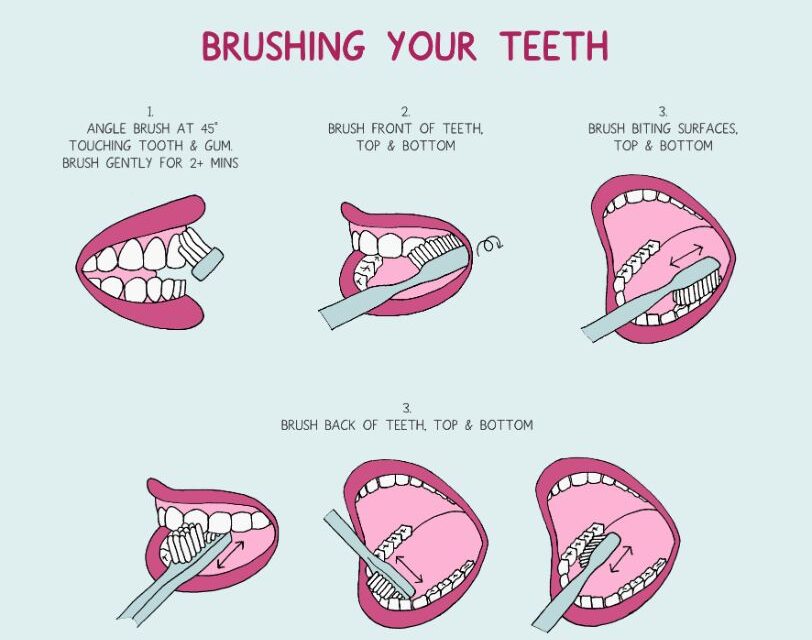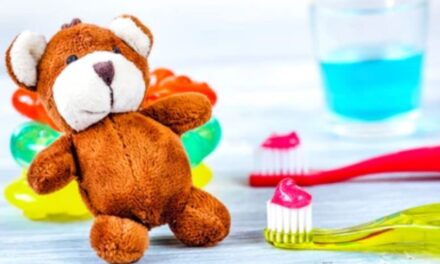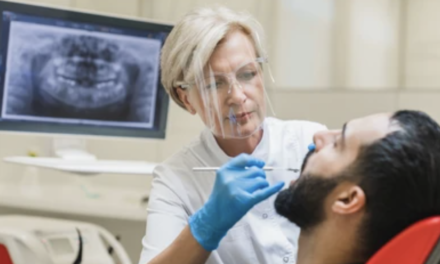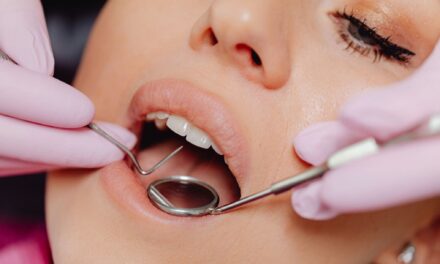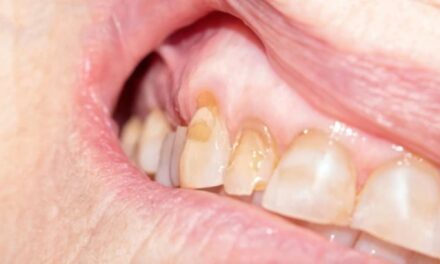To brush your teeth is an essential part of your oral hygiene routine. However, did you know that many people make common mistakes while brushing that can lead to dental problems? Here, we discuss common toothbrushing mistakes and how a dentist can help you brush your teeth properly.
Mistakes to Avoid While You Brush Your Teeth
- Not brushing for long enough: Ask yourself: ‘do I brush my teeth for the recommended two minutes?’ If not, it can lead to plaque buildup and tooth decay
- Brushing too hard: Brushing too hard can damage your tooth enamel and lead to sensitivity
- Not using the right brushing technique: Brushing in a back-and-forth motion can damage your gums and cause recession. Instead, use a circular motion to clean your teeth properly
- Not brushing your tongue: Bacteria can accumulate on your tongue, leading to bad breath and other oral health problems
- Not replacing your toothbrush regularly: Your toothbrush should be replaced every three to four months, or when the bristles become frayed.
How a dentist can help you brush your teeth:
- Recommending the right toothbrush: Your dentist can recommend a toothbrush that is suitable for your teeth and gums.
- Teaching you the proper brushing technique: Your dentist can demonstrate the correct brushing technique and help you improve your technique if necessary.
- Recommending the right toothpaste: Your dentist can recommend a toothpaste that is suitable for your teeth and gums and can address any specific dental issues you may have.
- Cleaning your teeth professionally: Your dentist can perform a professional cleaning of your teeth, removing any plaque buildup and ensuring that your teeth and gums are healthy.
- Providing tips for maintaining good oral hygiene: Your dentist can provide tips for maintaining good oral hygiene, such as flossing, using mouthwash, and avoiding sugary foods and drinks.
I brush my teeth regularly, but still have dental problems…
If you are experiencing dental problems despite regular brushing, it is important to visit your dentist. Your dentist can examine your teeth and gums, identify any dental issues you may have, and recommend the appropriate treatment.
Conclusion
- Proper tooth brushing is essential for maintaining good oral hygiene, but it is important to do it correctly to avoid dental problems.
- By avoiding common brushing mistakes and visiting your dentist regularly, you can ensure that your teeth and gums remain healthy.
- Remember, prevention is always better than cure, and by taking good care of your teeth, you can avoid dental problems in the future.

